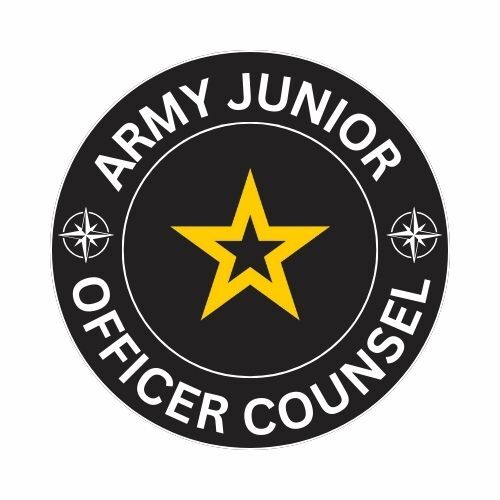3 OPSEC Tips for Junior Officers

During a virtual event organized by the Atlantic Council on May 31, Army Secretary Christine Wormuth discussed the importance of secure communications on the battlefield. Both Russian and Ukrainian forces have regularly used unencrypted devices to share information, exposed location data, and left soldiers vulnerable. Secretary Wormuth explained, “when soldiers use unencrypted comms, that makes them targetable…most of our young soldiers have their phones with them everywhere they go [and] we have to think about that,” Secretary Wormuth understands that the operating environment in Ukraine and today is far different from Iraq and Afghanistan, and we, the U.S. Army, need to be talking about and training on Operations Security.
Let’s start with how the Army and Department of Defense define Operational Security. The Army defines OPSEC in AR 530-1 and the Department of Defense defines OPSEC in Directive 5205.02E. Both state that OPSEC is a process of identifying critical information and analyzing friendly actions attendant to military operations and other activities to:
- Identify those actions that can be observed by adversary intelligence systems.
- Determine indicators and vulnerabilities that adversary intelligence systems might obtain to be able to interpret or piece together to derive critical information in time to use against U.S. and/or friendly missions and poses an unacceptable risk.
- Select and execute measures that eliminate the risk to friendly actions and operations or reduce it to an acceptable level.
Simply put, the adversary wants information you have, and the adversary wants more about you. In multi-domain operations, the adversary will use this information against you, the Army, and the nation.
In any military operation, the commander’s ability to protect information in a contested space will continue to be critical to the success or failure of the mission. MAJ Ian Sullivan discusses information and the operating environment in his article on TRADOC’s, “Mad Scientist” Blog:
Information is fast becoming the dominant factor in all levels of Great Power competition, crisis, and conflict. Maintaining an information advantage over our potential adversaries — across the Diplomatic, Information, Military, and Economic (DIME) spheres, and then, in terms of military operations, at all echelons in a Joint and Combined way — will be the most critical factor in determining success in all operations, now and in the future.
As a junior military officer, I know information is important. When I’m scrolling Instagram and watching videos of Ukrainian SOF ambushing Russian armor columns or reading about global action supporting the Ukrainian government, I am reminded that information is having a direct effect on events.
I understand how information impacts policymakers, senior leaders, and strategists, but what does this mean for me? What does this mean for my squad, platoon, or company? How can I prepare my soldiers to be successful at the lowest level in a contested information environment? I can practice and teach good OPSEC. As a leader, you can implement a few best practices, teaching and training your unit.
- Download and use a Virtual Private Network (VPN) on your personal phone and computer. By doing this, you will be able to partially mask your location and what you’re doing on the internet from the adversary.
- Turn off ALL location services on your phone and applications. By doing this, you make it a lot more difficult for the adversary to know where you are and what you’re doing.
- Think before you post. When you’re posting on social media, think before you click ‘post’ or ‘send. For example, when you post vacation photos and you’re halfway around the world, you’re telling everyone who follows you (and anyone who can access that information) that you aren’t home.
This is just a start. In your unit, your S2 and S6 will have more detailed information and best practices. Leverage the resources around you and teach your soldiers about the importance of OPSEC. These skills will help protect your unit stateside, deployed, and (potentially) in a conflict with an adversary. By practicing good OPSEC today, we’ll be prepared to protect ourselves and our families, and focus on the mission.
——————————————————————————-
Captain Teddy Sims is a Psychological Operations officer. He graduated from Washington University in St. Louis and is a Truman Scholar. Teddy is a 2022 CJO Leadership Fellow.



